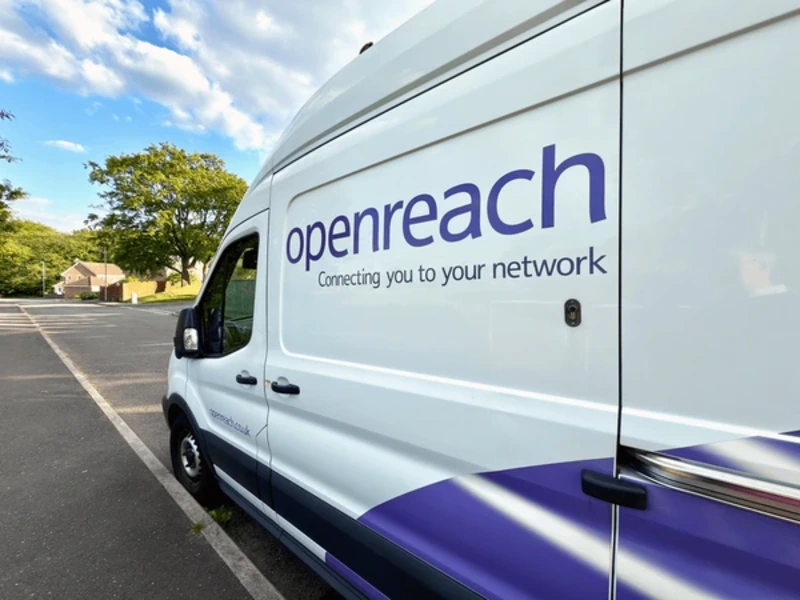- Openreach begins outreach to UK businesses still relying on analogue phone systems ahead of the 2025 PSTN closure.
- Delays in upgrading could impact services like alarms and payment terminals, especially in smaller organisations.
What happened: Openreach urges UK businesses to upgrade from PSTN ahead of 2025 switch-off
Openreach, a division of BT Group, has launched a national push urging UK businesses to move away from the ageing Public Switched Telephone Network (PSTN) before its full retirement in December 2025. As noted by Telecoms.com, the operator has started direct communication with organisations still dependent on PSTN-based landline and broadband services, highlighting risks to essential systems such as fire alarms, payment devices and lifts.
The transition plan includes upgrading from copper to digital lines, namely All-IP solutions, with Openreach working with Communications Providers (CPs) to prevent disruption. Businesses that do not act may face service loss, as Openreach will begin withdrawing services in areas where upgrades have already happened. While consumer services are also affected, the business impact is greater due to operational reliance on legacy tech.
Also read: Hyperoptic changes strategy with Openreach deal
Also read: Openreach’s fibre network expands to cover half of Scotland
Why it’s important
The PSTN, a century-old copper-based infrastructure, no longer meets the requirements of modern digital communication. While the 2025 switch-off date is not new, progress remains uneven, particularly among SMEs and organizations in rural areas, many of whom are unaware of the deadline or lack the resources to manage the switch. Openreach’s move is a pre-emptive step to reduce what could become a wide-scale service gap.
The situation echoes broader concerns about digital transformation in the UK, where legacy systems in retail, manufacturing, and care sectors are still tied to PSTN-based devices. According to the Federation of Small Businesses, many companies face difficulty budgeting for upgrades, even if failure to act could halt card payments or emergency lines. Analysts also note that the change aligns with wider shifts to fibre and IP-based communications, which improve speed and resilience.
However, critics argue that communication has been fragmented. Without stronger coordination between CPs, vendors, and Openreach, late-stage disruptions may still happen. Early migration is essential, but support for low-resourced entities is equally critical.
Openreach, PSTN switch-off, telecoms, business networks, digital migration, fibre broadband, BT Group, UK telecoms

